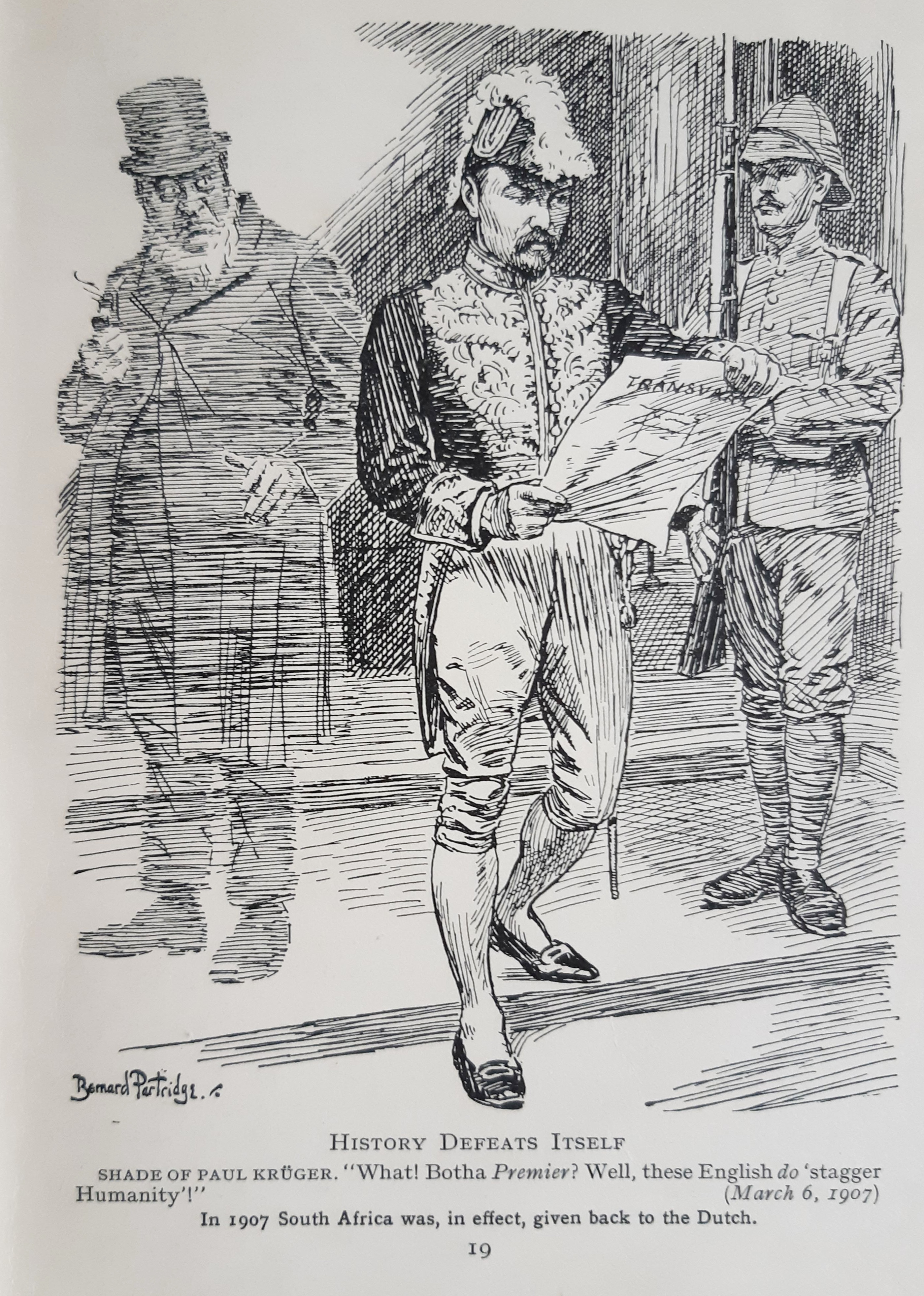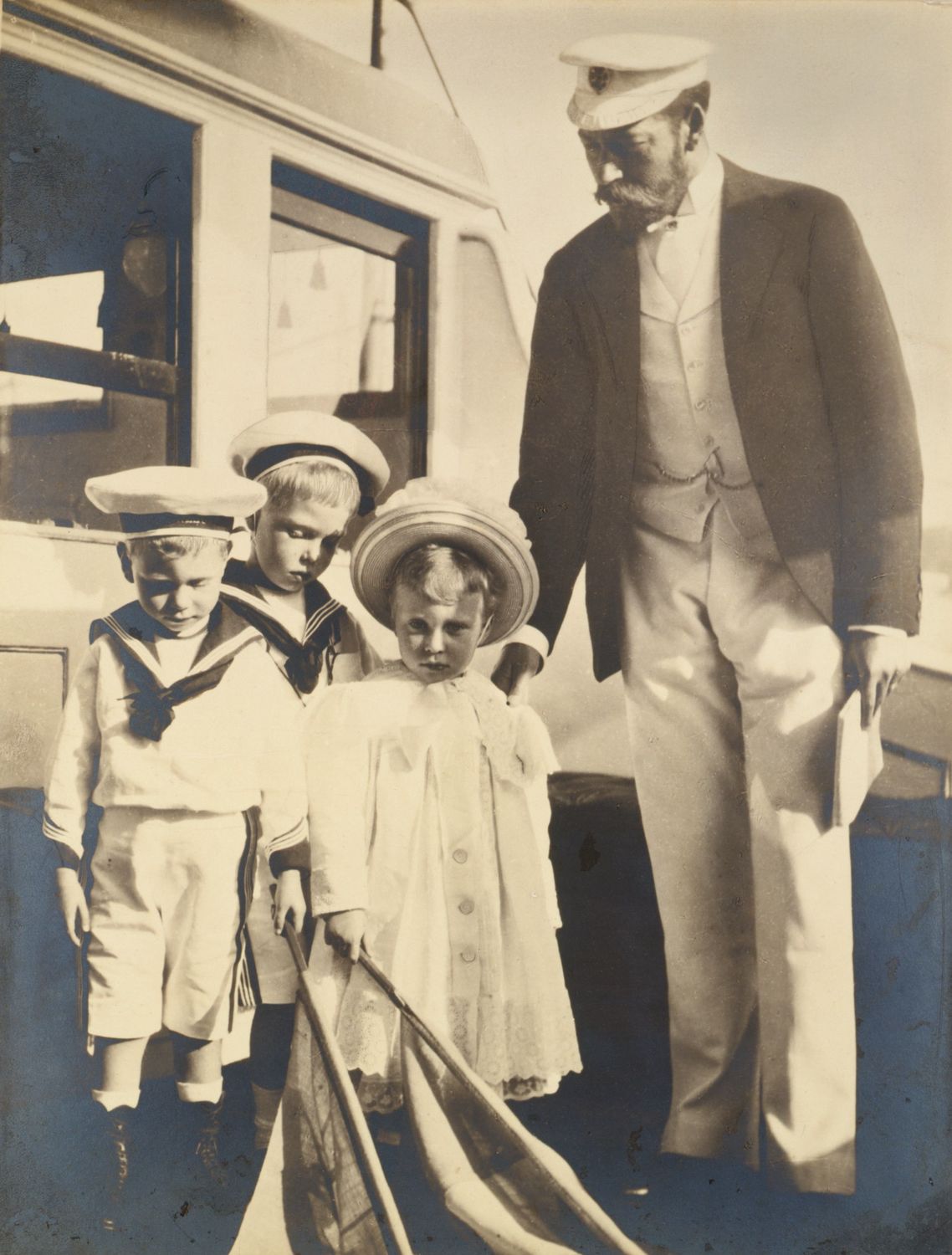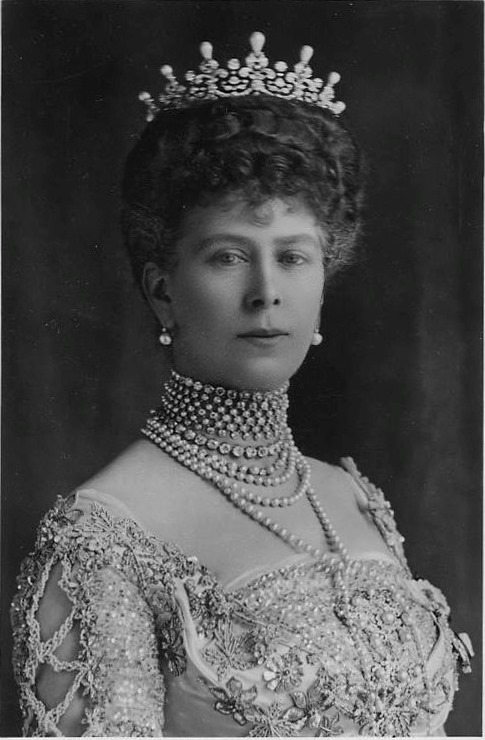|
Union Of South Africa
The Union of South Africa ( nl, Unie van Zuid-Afrika; af, Unie van Suid-Afrika; ) was the historical predecessor to the present-day Republic of South Africa. It came into existence on 31 May 1910 with the unification of the Cape, Natal, Transvaal, and Orange River colonies. It included the territories that were formerly a part of the South African Republic and the Orange Free State. Following World War I, the Union of South Africa was a signatory of the Treaty of Versailles and became one of the founding members of the League of Nations. It was conferred the administration of South West Africa (now known as Namibia) as a League of Nations mandate. It became treated in most respects as another province of the Union, but it never was formally annexed. Like Canada, Australia and New Zealand, the Union of South Africa was a self-governing dominion of the British Empire. Its full sovereignty was confirmed with the Balfour Declaration of 1926 and the Statute of Westminster 1931. ... [...More Info...] [...Related Items...] OR: [Wikipedia] [Google] [Baidu] |
South Africa Act 1909
The South Africa Act 1909 was an Act of the Parliament of the United Kingdom, which created the Union of South Africa from the British Cape Colony, Colony of Natal, Orange River Colony, and Transvaal Colony. The Act also made provisions for potentially admitting Rhodesia as a fifth province of the Union, but Rhodesian colonists rejected this option in a referendum held in 1922. The Act was the third major piece of legislation passed by the British Parliament with the intent of uniting various British colonies and granting them some degree of autonomy. Earlier, the British North America Act, 1867 had united three colonies (the Province of Canada (which was split into Ontario and Quebec) Nova Scotia, and New Brunswick) and the Commonwealth of Australia Constitution Act, 1900 had united the Australian colonies. Background In the aftermath of the Anglo-Boer War (1899–1902), Britain re-annexed the South African Republic and the Orange Free State, two hitherto independent Boer r ... [...More Info...] [...Related Items...] OR: [Wikipedia] [Google] [Baidu] |
Cape Town
Cape Town ( af, Kaapstad; , xh, iKapa) is one of South Africa's three capital cities, serving as the seat of the Parliament of South Africa. It is the legislative capital of the country, the oldest city in the country, and the second largest (after Johannesburg). Colloquially named the ''Mother City'', it is the largest city of the Western Cape province, and is managed by the City of Cape Town metropolitan municipality. The other two capitals are Pretoria, the executive capital, located in Gauteng, where the Presidency is based, and Bloemfontein, the judicial capital in the Free State, where the Supreme Court of Appeal is located. Cape Town is ranked as a Beta world city by the Globalization and World Cities Research Network. The city is known for its harbour, for its natural setting in the Cape Floristic Region, and for landmarks such as Table Mountain and Cape Point. Cape Town is home to 66% of the Western Cape's population. In 2014, Cape Town was named the best place ... [...More Info...] [...Related Items...] OR: [Wikipedia] [Google] [Baidu] |
Elizabeth II
Elizabeth II (Elizabeth Alexandra Mary; 21 April 1926 – 8 September 2022) was Queen of the United Kingdom and other Commonwealth realms from 6 February 1952 until her death in 2022. She was queen regnant of 32 sovereign states during her lifetime, and was head of state of 15 realms at the time of her death. Her reign of 70 years and 214 days was the longest of any British monarch and the longest verified reign of any female monarch in history. Elizabeth was born in Mayfair, London, as the first child of the Duke and Duchess of York (later King George VI and Queen Elizabeth The Queen Mother). Her father acceded to the throne in 1936 upon the abdication of his brother Edward VIII, making the ten-year-old Princess Elizabeth the heir presumptive. She was educated privately at home and began to undertake public duties during the Second World War, serving in the Auxiliary Territorial Service. In November 1947, she married Philip Mountbatten, a former prince ... [...More Info...] [...Related Items...] OR: [Wikipedia] [Google] [Baidu] |
George VI
George VI (Albert Frederick Arthur George; 14 December 1895 – 6 February 1952) was King of the United Kingdom and the Dominions of the British Commonwealth from 11 December 1936 until Death and state funeral of George VI, his death in 1952. He was also the last Emperor of India from 1936 until the British Raj was dissolved in August 1947, and the first Head of the Commonwealth following the London Declaration of 1949. The future George VI was born in the reign of his great-grandmother Queen Victoria; he was named Albert at birth after his great-grandfather Albert, Prince Consort, and was known as "Bertie" to his family and close friends. His father ascended the throne as George V in 1910. As the second son of the king, Albert was not expected to inherit the throne. He spent his early life in the shadow of his elder brother, Edward VIII, Prince Edward, the heir apparent. Albert attended naval college as a teenager and served in the Royal Navy and Royal Air Force during the W ... [...More Info...] [...Related Items...] OR: [Wikipedia] [Google] [Baidu] |
Edward VIII
Edward VIII (Edward Albert Christian George Andrew Patrick David; 23 June 1894 – 28 May 1972), later known as the Duke of Windsor, was King of the United Kingdom and the Dominions of the British Empire and Emperor of India from 20 January 1936 until Abdication of Edward VIII, his abdication in December of the same year. Edward was born during the reign of his great-grandmother Queen Victoria as the eldest child of the Duke and Duchess of York, later King George V and Mary of Teck, Queen Mary. He was created Prince of Wales on his 16th birthday, seven weeks after his father succeeded as king. As a young man, Edward served in the British Army during the First World War and undertook several overseas tours on behalf of his father. While Prince of Wales, he engaged in a series of sexual affairs that worried both his father and then-British prime minister Stanley Baldwin. Upon Death and state funeral of George V, his father's death in 1936, Edward became the second monarch of the ... [...More Info...] [...Related Items...] OR: [Wikipedia] [Google] [Baidu] |
George V
George V (George Frederick Ernest Albert; 3 June 1865 – 20 January 1936) was King of the United Kingdom and the British Dominions, and Emperor of India, from 6 May 1910 until Death and state funeral of George V, his death in 1936. Born during the reign of his grandmother Queen Victoria, George was the second son of Edward VII, Albert Edward, Prince of Wales, and was third in the line of succession to the British throne behind his father and his elder brother, Prince Albert Victor. From 1877 to 1892, George served in the Royal Navy, until the unexpected death of his elder brother in early 1892 put him directly in line for the throne. On Victoria's death in 1901, George's father ascended the throne as Edward VII, and George was created Prince of Wales. He became King-Emperor, king-emperor on his father's death in 1910. George's reign saw the rise of socialism, communism, fascism, Irish republicanism, and the Indian independence movement, all of which radically changed the poli ... [...More Info...] [...Related Items...] OR: [Wikipedia] [Google] [Baidu] |
Monarchy Of South Africa
From 1910 to 1961, the Union of South Africa was a self-governing country that shared a monarch with the United Kingdom and the other Dominions of the British Empire. The monarch's constitutional roles were mostly delegated to the governor-general of the Union of South Africa. South Africa became a republic and left the Commonwealth of Nations on 31 May 1961. On 31 May 1994, South Africa rejoined the Commonwealth as a republic, after the end of apartheid. History The monarchy was created by the South Africa Act 1909 which united four British colonies in Southern Africa: Cape of Good Hope, Natal, Orange River Colony and Transvaal. The act also made provisions for admitting Southern Rhodesia as a fifth province of the union in the future, but Southern Rhodesian voters rejected this option in a referendum held in 1922. South-West Africa became a League of Nations mandate of the union in 1915. Following a referendum on the subject, South Africa adopted a new constitution in 1961 ... [...More Info...] [...Related Items...] OR: [Wikipedia] [Google] [Baidu] |
Herrenvolk Democracy
Herrenvolk democracy is a system of government in which only a specific ethnic group participates in government, while other groups are disenfranchised. Ethnocracy, in which one group dominates the state, is a related concept. The German term ''Herrenvolk'', meaning "master race", was used in 19th century discourse that justified colonialism with the supposed racial superiority of Europeans. Characteristics This elitist form of government is typically employed by the majority group as a way to maintain control and power within the system, and typically coincides with the false pretense of egalitarianism. There is a prevailing view that as people of the majority gain freedom and liberty and egalitarian principles are advanced, the minority is repressed and prevented from being involved in the government. This principle can be seen in the development of both the United States—especially the Southern states—and South Africa in the 19th and 20th centuries. In these historical ... [...More Info...] [...Related Items...] OR: [Wikipedia] [Google] [Baidu] |
Dominant-party
A dominant-party system, or one-party dominant system, is a political occurrence in which a single political party continuously dominates election results over running opposition groups or parties. Any ruling party staying in power for more than one consecutive term may be considered a dominant party (also referred to as a ''predominant'' or ''hegemonic'' party). Some dominant parties were called the natural governing party, given their length of time in power. ''Dominant''-parties and their domination of a state, develop out of one-sided electoral and party constellations within a multi-party system (particularly under presidential systems of governance), and as such differ from states under a ''one''-party system, which are intricately organized around a specific party. Sometimes the term "''de facto'' one-party state" is used to describe dominant-party systems which, unlike a one-party system, allows (at least nominally) democratic multiparty elections, but the existing ... [...More Info...] [...Related Items...] OR: [Wikipedia] [Google] [Baidu] |
Constitutional Monarchy
A constitutional monarchy, parliamentary monarchy, or democratic monarchy is a form of monarchy in which the monarch exercises their authority in accordance with a constitution and is not alone in decision making. Constitutional monarchies differ from absolute monarchies (in which a monarch is the only decision-maker) in that they are bound to exercise powers and authorities within limits prescribed by an established legal framework. Constitutional monarchies range from countries such as Liechtenstein, Monaco, Morocco, Jordan, Kuwait, and Bahrain, where the constitution grants substantial discretionary powers to the sovereign, to countries such as Australia, the United Kingdom, Canada, the Netherlands, Spain, Belgium, Sweden, Malaysia, Thailand, Cambodia, and Japan, where the monarch retains significantly less personal discretion in the exercise of their authority. ''Constitutional monarchy'' may refer to a system in which the monarch acts as a non-party political head of ... [...More Info...] [...Related Items...] OR: [Wikipedia] [Google] [Baidu] |
Parliamentary
A parliamentary system, or parliamentarian democracy, is a system of democracy, democratic government, governance of a sovereign state, state (or subordinate entity) where the Executive (government), executive derives its democratic legitimacy from its ability to command the support ("confidence") of the legislature, typically a parliament, to which it is accountable. In a parliamentary system, the head of state is usually a person distinct from the head of government. This is in contrast to a presidential system, where the head of state often is also the head of government and, most importantly, where the executive does not derive its democratic legitimacy from the legislature. Countries with parliamentary systems may be Constitutional monarchy, constitutional monarchies, where a monarch is the head of state while the head of government is almost always a member of parliament, or parliamentary republics, where a mostly ceremonial president is the head of state while the head o ... [...More Info...] [...Related Items...] OR: [Wikipedia] [Google] [Baidu] |
Unitary State
A unitary state is a sovereign state governed as a single entity in which the central government is the supreme authority. The central government may create (or abolish) administrative divisions (sub-national units). Such units exercise only the powers that the central government chooses to delegate. Although political power may be delegated through devolution to regional or local governments by statute, the central government may abrogate the acts of devolved governments or curtail (or expand) their powers. Unitary states stand in contrast with federations, also known as ''federal states''. A large majority of the world's sovereign states (166 of the 193 UN member states) have a unitary system of government. Devolution compared with federalism A unitary system of government can be considered the opposite of federalism. In federations, the provincial/regional governments share powers with the central government as equal actors through a written constitution, to which the ... [...More Info...] [...Related Items...] OR: [Wikipedia] [Google] [Baidu] |








